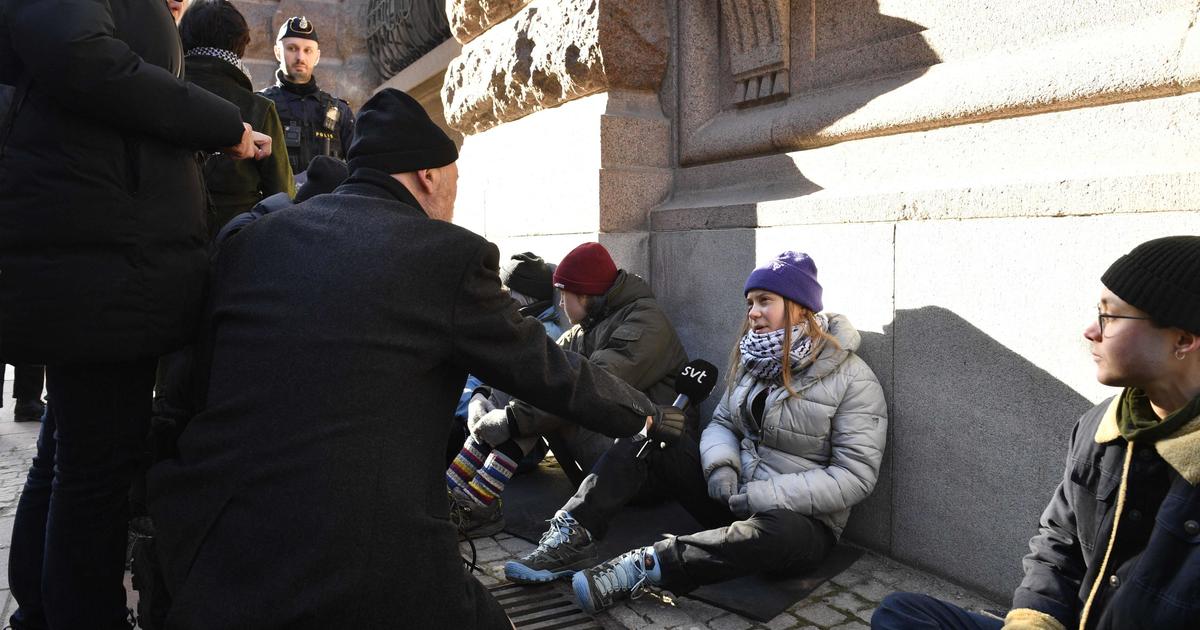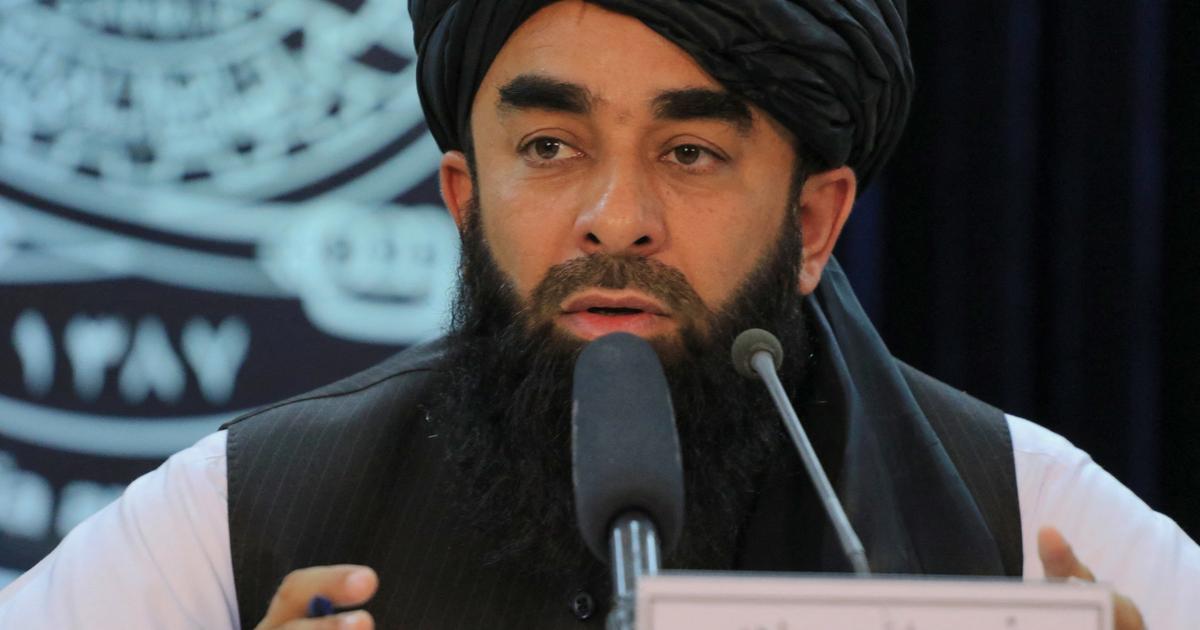The number of days a year when the temperature exceeds 50 ° C has doubled since the 1980s and has never before occurred in so many places. This extreme heat has a dramatic effect on the health of people, animals and the environment. According to a recent World Bank report on climate migration, over the next 30 years, 216 million people may have to move due to rising temperatures, water scarcity and falling crop productivity. They will be forced to abandon their communities and livelihoods to seek better alternatives.
When the temperature reached 52 ° C in June in Jacobabad, Pakistan, those who had the means to leave did so. The poor had no choice but to try to survive the grueling heat and water shortages. This story of possessors and dispossessed takes place around the world and shows that poor and marginalized communities are often the most affected by the manifestations of climate change. Although it is still possible to correct the climate emergency if you act immediately and drastically, some changes in the environment are already inevitable. To ensure that people can continue to live in cities like Jacobabad, radical actions against global warming must be combined with progressive poverty reduction policies to strengthen societies.
Radical actions against global warming must be combined with progressive poverty reduction policies to strengthen communities
Pakistan built this twin of goals - social welfare and climate action - at the heart of its long-term legislative agenda.
Initiatives are being developed to bring communities together while restoring vital ecosystems.
The 10 billion tree tsunami is already creating green jobs while paving the way for a healthy and sustainable economy.
The Asian country's efforts to mitigate and adapt to climate change go hand in hand with the goal of creating the largest social protection program in the country's history. It's called Ehsaas (compassion in Urdu) and seeks to address the acute needs of those most at risk while investing in long-term equality and prosperity. Providing a safety net that keeps the poorest from going unnoticed is key to creating a brighter future for all.
Because Pakistan is on the front lines of climate change, social welfare strategies must include flexible enough mechanisms to respond to disasters. Ehsaas recently completed the nation's largest socioeconomic registry, collecting data on 38 million households. By doing so, you can better predict which families and farmers are vulnerable to disasters such as droughts, and provide them with appropriate cash payments. We know this system works: when the lockdowns to prevent the spread of covid-19 were implemented virtually overnight, emergency cash assistance was delivered through the Ehsaas Emergency Cash initiative, which prevented 15 million families will fall even deeper into poverty.
Many of the poorest people live on the right and remain the first to be hit and hit hardest by increases in food prices, something that climate change is exacerbating. Extreme weather conditions limit the ability of families living at or below the poverty line to purchase nutritious food. Lack of access causes growth delays that have a significant and long-term effect on overall development, including brain development. We know that children's access to nutritious food and health care in the first 1,000 days plays a critical role in health throughout their lives. To protect minors and their families from the negative effects of malnutrition and intergenerational poverty,Pakistan is investing in a conditional cash transfer program that is expanding across the country despite financial constraints caused by the pandemic.
Providing access to quality healthcare regardless of financial means is a way to create stronger communities and a path to prosperity
Poor health also affects the ability of households to break the cycle of poverty.
When people must spend time and money on health care rather than food, education and savings for emergencies, they are less prepared to respond to the next crisis.
Since the launch of the Sehat Insaf card in 2016, Pakistan's social benefits program has provided free healthcare to more than 7.9 million families (more than 50 million people).
Providing access to quality healthcare regardless of financial means is a way to create stronger communities and a path to prosperity.
The climate crisis and endemic poverty are complex problems that require policy frameworks that consider a multiplicity of factors. There are obvious tools to combat them that can help - including access to health services, quality education and nutritional support - but take significant steps to reduce the effects of warming, such as adopting technologies for harvesting. Carbon, developing affordable long-life batteries, and managing migration require moral leadership, fiscal support, and global solidarity.
Pakistan seeks to show that it is possible.
As a global community we face many challenges in reducing greenhouse gas emissions and adapting to a warming planet, and the challenges of reducing poverty and creating a sustainable economy are no less daunting, but we know that this is not possible. one without the other.
Sania Nishtar
is the special assistant in the area of Social Protection and Poverty to the Prime Minister of Pakistan.
Spanish translation by Ant-Translation.
You can follow PLANETA FUTURO on
,
and
, and subscribe
to our 'newsletter'
here
.


/cloudfront-eu-central-1.images.arcpublishing.com/prisa/RFXKLPJ6S5PGXJYGTELOFX5R6E.jpg)



/cloudfront-eu-central-1.images.arcpublishing.com/prisa/6QTLY5O5HNLTHDIKOJG7O6H5DA.jpg)


